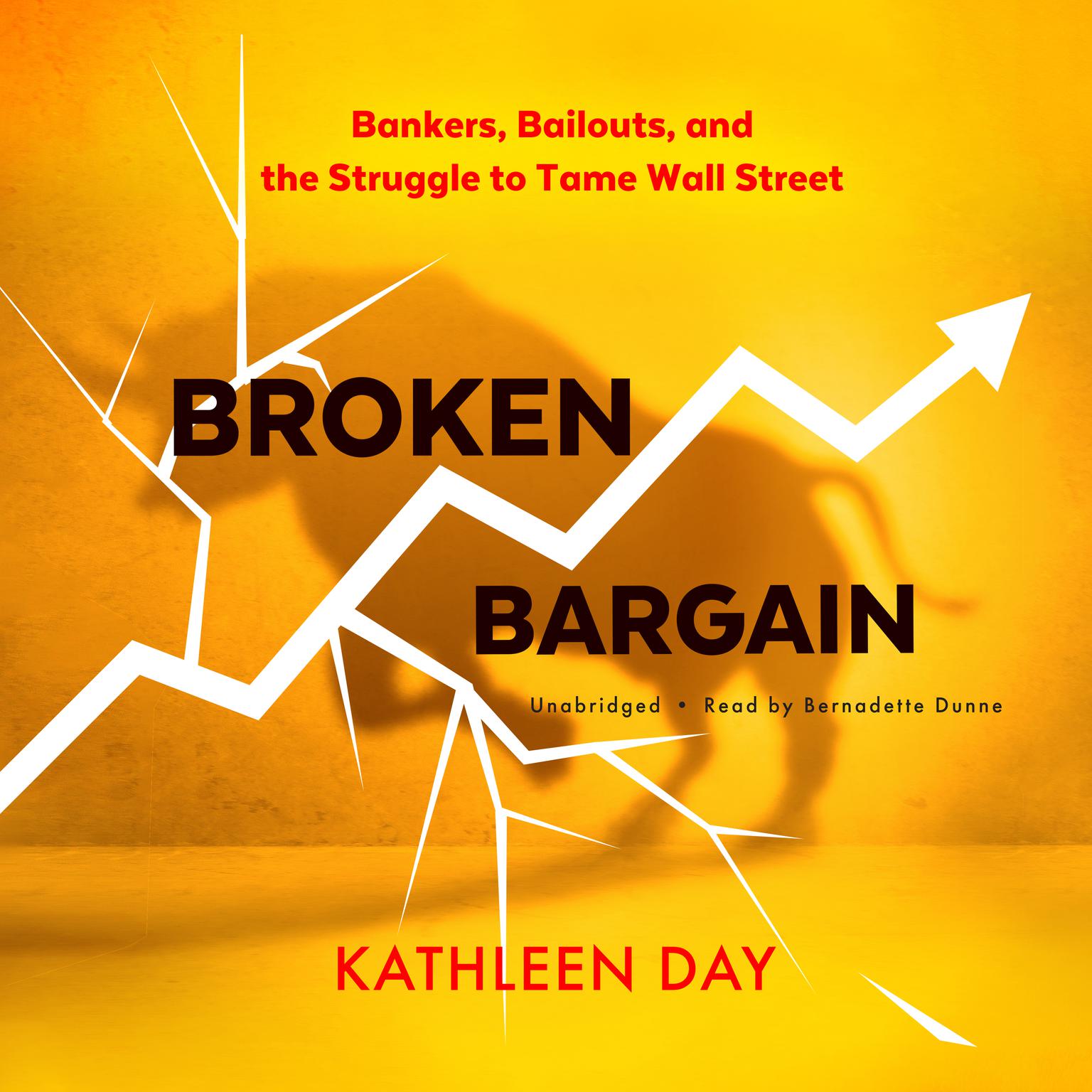 Play Audiobook Sample
Play Audiobook Sample
Broken Bargain: Bankers, Bailouts, and the Struggle to Tame Wall Street Audiobook
 Play Audiobook Sample
Play Audiobook Sample
Quick Stats About this Audiobook
Total Audiobook Chapters:
Longest Chapter Length:
Shortest Chapter Length:
Average Chapter Length:
Audiobooks by this Author:
Publisher Description
A history of major financial crises—and how taxpayers have been left with the bill
In the 1930s, battered and humbled by the Great Depression, the US financial sector struck a grand bargain with the federal government. Bankers gained a safety net in exchange for certain curbs on their freedom: transparency rules, record-keeping and anti-fraud measures, and fiduciary responsibilities. Despite subsequent periodic changes in these regulations, the underlying bargain played a major role in preserving the stability of the financial markets as well as the larger economy. By the free-market era of the 1980s and 90s, however, Wall Street argued that rules embodied in New Deal–era regulations to protect consumers and ultimately taxpayers were no longer needed—and government agreed.
This engaging history documents the country’s financial crises, focusing on those of the 1920s, the 1980s, and the 2000s, and reveals how the two more recent crises arose from the neglect of this fundamental bargain.
Download and start listening now!
“A fluent if dispiriting study of an economic system that forgives those at the top so long as those at the bottom remain willing to foot the bill.”
— Kirkus Reviews
Broken Bargain Listener Reviews
Be the first to write a review about this audiobook!
About Kathleen Day
Kathleen Day worked for thirty years as a business journalist with the Washington Post, Los Angeles Times, and USA Today before joining the Johns Hopkins Carey Business School as a professor of financial crises in 2013. She lives in Washington, DC.
About Bernadette Dunne
Bernadette Dunne is the winner of numerous AudioFile Earphones Awards and has twice been nominated for the prestigious Audie Award. She studied at the Royal National Theatre in London and the Studio Theater in Washington, DC, and has appeared at the Kennedy Center and off Broadway.


